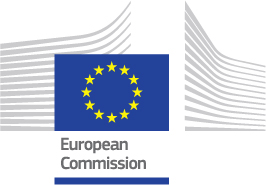Big Data Test Infrastructure (BDTI)
Course details
The main objective of the Big Data Testing Infrastructure (BDTI)
eLearning course is to support EU public administrations in moving forward with
data literacy and developing data analytics pilots, free of charge, using the
open source tools offered by the BDTI infrastructure.
BDTI is part of the Data Spaces support center initiative.
Target audience
This course targets local, regional and national public administrations interested in exploring how to use a free modern data analytics infrastructure offered by the European Commission, to derive insights from public sector data and support the development of pilots and use cases. It also has resonance for broader roles and sectors that have in an interest in data. Roles may include:
- CIOs
- Public servants
- Academics
- Professionals with an interest in the potential of data
- Students
- Data experts/enthusiasts supporting the public sector in exploring how to derive insights from data
Learning objectives
- promote the use of data analytics and open-source tools in the public sector due to their various benefits, from transparency to cost efficiency to vendor independence.
- support the development of a data-informed public sector and learn more about how to derive insights from public sector data and open data.
- develop concrete use cases and pilots for free to support your public administration and citizens
- Develop data skills and improve data literacy in your organization.
- Apply for the programme submitting pilot use cases and start creating value using the BDTI platform offered by the Digital Europe Programme (DEP).
- Name the most important EU legal acts, directives and regulations for the EDS Implementation.
This content is offered by the European Commission. The European Commission is the European Union's politically independent executive arm. It is alone responsible for drawing up proposals for new European legislation, and it implements the decisions of the European Parliament and the Council of the European Union.

Schedule
- Introduction
- The course
- Quiz
- Feedback form
- Certificate of Completion
- !! Report Any Technical Issue Here !!



